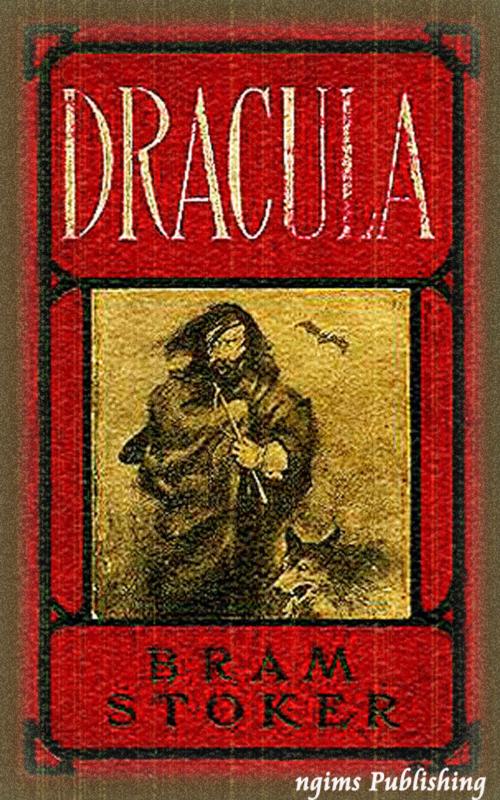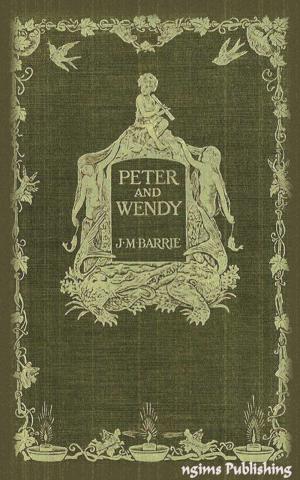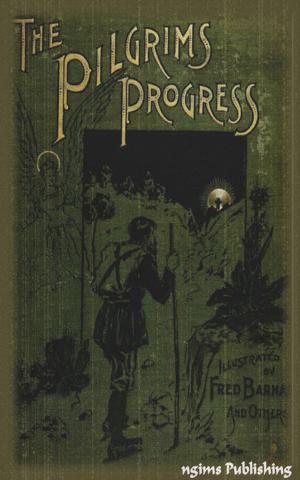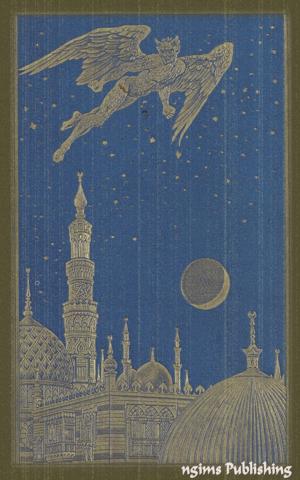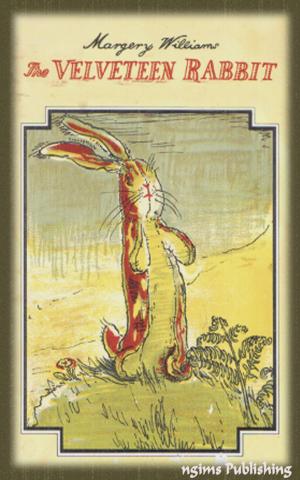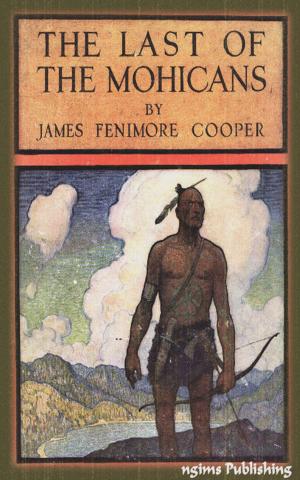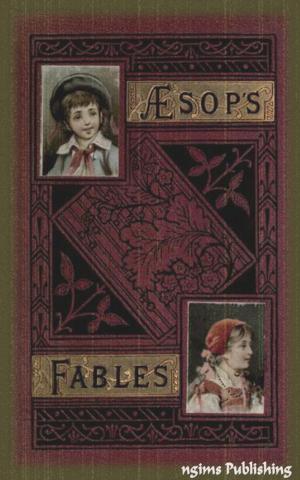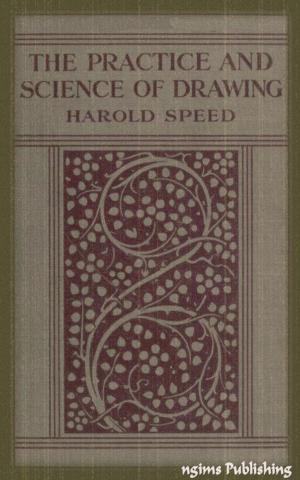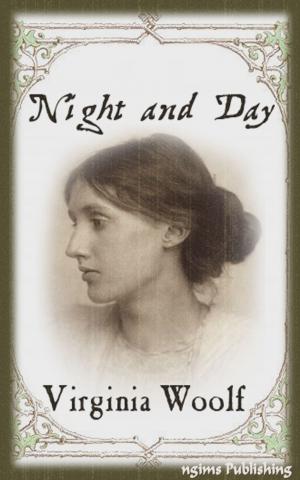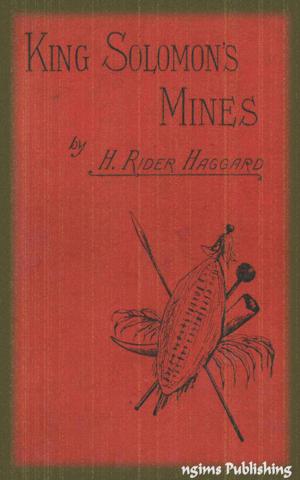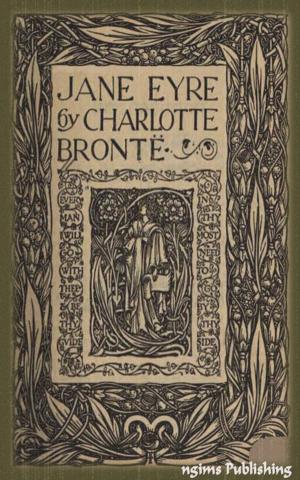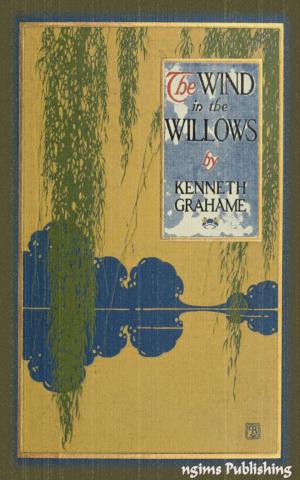Dracula (Illustrated + Audiobook Download Link + Active TOC)
Nonfiction, History, Eastern Europe, Fiction & Literature, Movie & Television Tie-Ins| Author: | Bram Stoker | ISBN: | 9781618260864 |
| Publisher: | ngims Publishing | Publication: | April 30, 2013 |
| Imprint: | Language: | English |
| Author: | Bram Stoker |
| ISBN: | 9781618260864 |
| Publisher: | ngims Publishing |
| Publication: | April 30, 2013 |
| Imprint: | |
| Language: | English |
FEATURES:
• Includes beautiful artworks and illustrations
• A link of a FREE audio book to download at the end of the book
• Active Table of Contents for an easy navigation within the book
• Manually coded and crafted by professionals for highest formatting quality and standards
Check out ngims Publishing's other illustrated literary clazzics. The vast majority of our books have original illustrations, free audiobook download link at the end of the book, navigable Table of Contents, and are fully formatted. Browse our library collection by typing in ngims or ngims plus the title you're looking for, e.g. ngims Gulliver's Travels.
Free ebooks on the web are not organized for easy reading, littered with text errors and often have missing contents. You will not find another beautifully formatted clazzic literature ebook that is well-designed with amazing artworks and illustrations and a link to download free audiobook for a very low price like this one. Our ebooks are hand-coded by professional formatters and programmers. Ebook development and design are the core of what our engineers do. Our ebooks are not the cheap flat text kind, but are built from the ground up with emphasis on proper text formatting and integrity.
Dracula is an 1897 novel by Irish author Bram Stoker, featuring as its primary antagonist the vampire Count Dracula. It was first published as a hardcover in 1897 by Archibald Constable and Co. Dracula has been attributed to many literary genres including vampire literature, horror fiction, the gothic novel and invasion literature. Structurally it is an epistolary novel, which is, told as a series of letters, diary entries, ships' logs, etc. Literary critics have examined many themes in the novel, such as the role of women in Victorian culture, conventional and conservative sexuality, immigration, colonialism, post colonialism and folklore. Although Stoker did not invent the vampire, the novel's influence on the popularity of vampires has been singularly responsible for many theatrical, film and television interpretations since its publication. (Wikipedia)
FEATURES:
• Includes beautiful artworks and illustrations
• A link of a FREE audio book to download at the end of the book
• Active Table of Contents for an easy navigation within the book
• Manually coded and crafted by professionals for highest formatting quality and standards
Check out ngims Publishing's other illustrated literary clazzics. The vast majority of our books have original illustrations, free audiobook download link at the end of the book, navigable Table of Contents, and are fully formatted. Browse our library collection by typing in ngims or ngims plus the title you're looking for, e.g. ngims Gulliver's Travels.
Free ebooks on the web are not organized for easy reading, littered with text errors and often have missing contents. You will not find another beautifully formatted clazzic literature ebook that is well-designed with amazing artworks and illustrations and a link to download free audiobook for a very low price like this one. Our ebooks are hand-coded by professional formatters and programmers. Ebook development and design are the core of what our engineers do. Our ebooks are not the cheap flat text kind, but are built from the ground up with emphasis on proper text formatting and integrity.
Dracula is an 1897 novel by Irish author Bram Stoker, featuring as its primary antagonist the vampire Count Dracula. It was first published as a hardcover in 1897 by Archibald Constable and Co. Dracula has been attributed to many literary genres including vampire literature, horror fiction, the gothic novel and invasion literature. Structurally it is an epistolary novel, which is, told as a series of letters, diary entries, ships' logs, etc. Literary critics have examined many themes in the novel, such as the role of women in Victorian culture, conventional and conservative sexuality, immigration, colonialism, post colonialism and folklore. Although Stoker did not invent the vampire, the novel's influence on the popularity of vampires has been singularly responsible for many theatrical, film and television interpretations since its publication. (Wikipedia)
